The 28th National Conference on e-Governance (NCeG), co-hosted by the Department of Administrative Reforms and Public Grievances (DARPG), the Ministry of Electronics and IT (MeitY), and the Government of Andhra Pradesh, concluded in Visakhapatnam on Tuesday with the adoption of the “Visakhapatnam Declaration.” The two-day conference outlined a forward-looking strategy to advance India’s e-Governance agenda. At the valedictory session, V. Srinivas, Secretary, Department of Administrative Reforms and Public Grievances (DARPG), lauded the Government of Andhra Pradesh for successfully hosting the conference outside the state capital after many years, terming it one of the most substantive e-Governance gatherings in recent times. He highlighted the wide participation from 18 ministries, states and union territories, and congratulated the winners of the National e-Governance Awards 2025. From the dais, he also launched the official website for the National e-Governance Awards 2026. Expressing gratitude to the officers and partner institutions who worked for over a year to make the event possible, Srinivas underlined Andhra Pradesh’s innovative governance practices, including real-time governance and WhatsApp-based service delivery, as models worth replicating nationally.
The conference reaffirmed the national vision of “Viksit Bharat 2047” and the principle of “Minimum Government, Maximum Governance.” Delegates stressed that emerging technologies including Artificial Intelligence, Machine Learning, Blockchain, GIS, IoT, and Data Analytics must serve as enablers of transparent, sustainable, and citizen-focused governance. Ensuring cybersecurity, digital trust, and resilience in safeguarding critical infrastructure was highlighted as a national priority.
The declaration called for a whole-of-government approach to strengthen civil services with digital competencies and agile, data-driven frameworks. It proposed scaling up AI-driven platforms like Digital India BHASHINI, Digi Yatra, and NADRES V2 to deliver multilingual, real-time, and sector-specific citizen services with a focus on ethical and transparent adoption of AI.
At the grassroots level, Panchayat models from Rohini, West Majlishpur, Suakati, and Palsana will be expanded nationwide, while digital literacy initiatives for women, youth, and marginalized communities aim to promote inclusivity. Robust measures, including Zero-Trust architecture, post-quantum security, and AI-enabled monitoring systems, were identified as essential to building cyber resilience across sectors such as transport, defence, and citizen service platforms. The declaration also committed to accelerating the rollout of the National Agri Stack to provide farmers with better access to credit, advisories, and markets while encouraging climate-smart and sustainable farming practices.
.jpg)
 Newsinc24 Team
Newsinc24 Team 


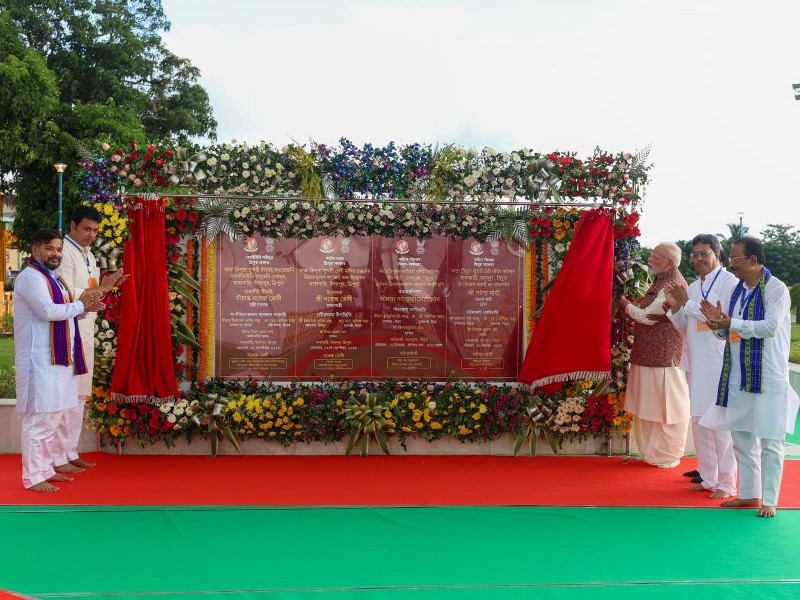
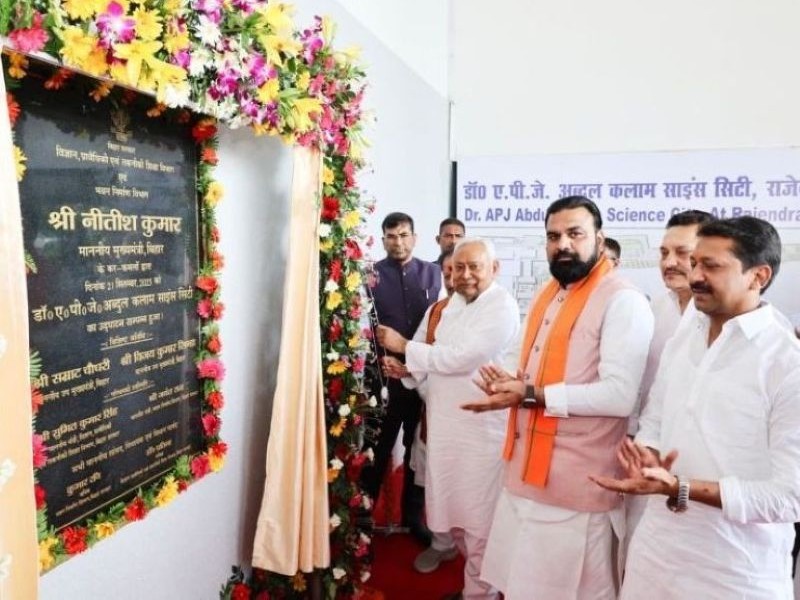
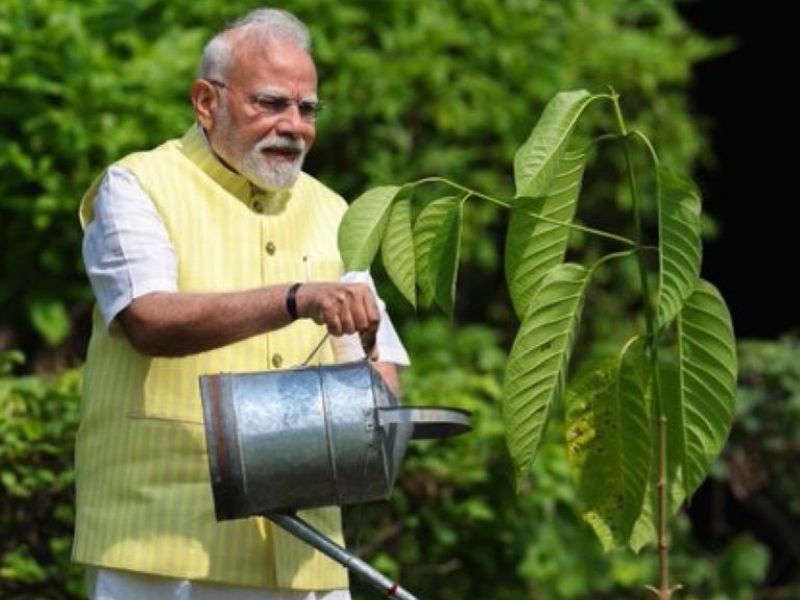



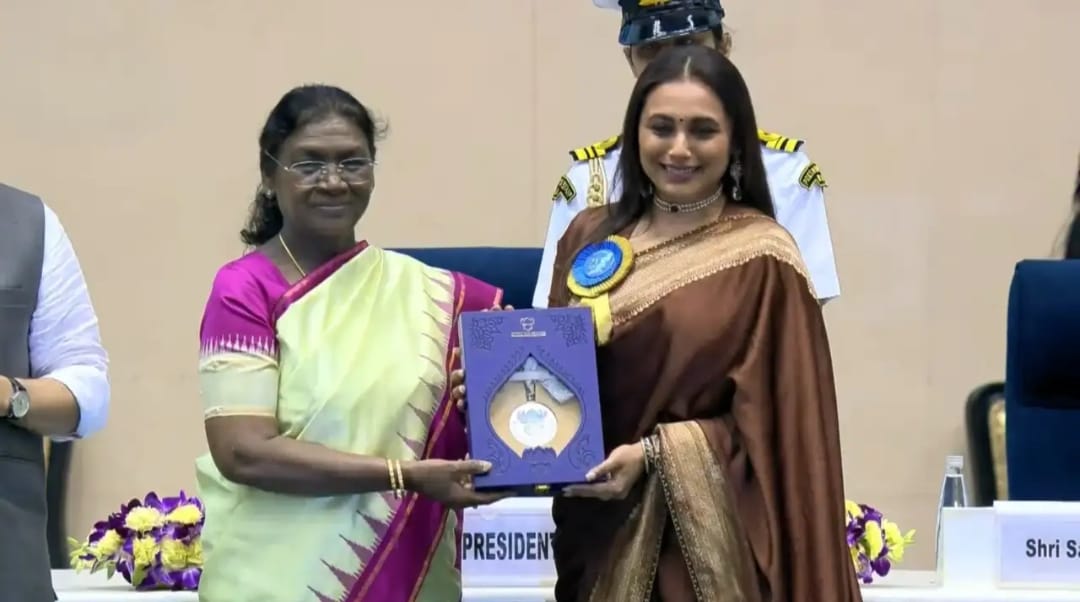



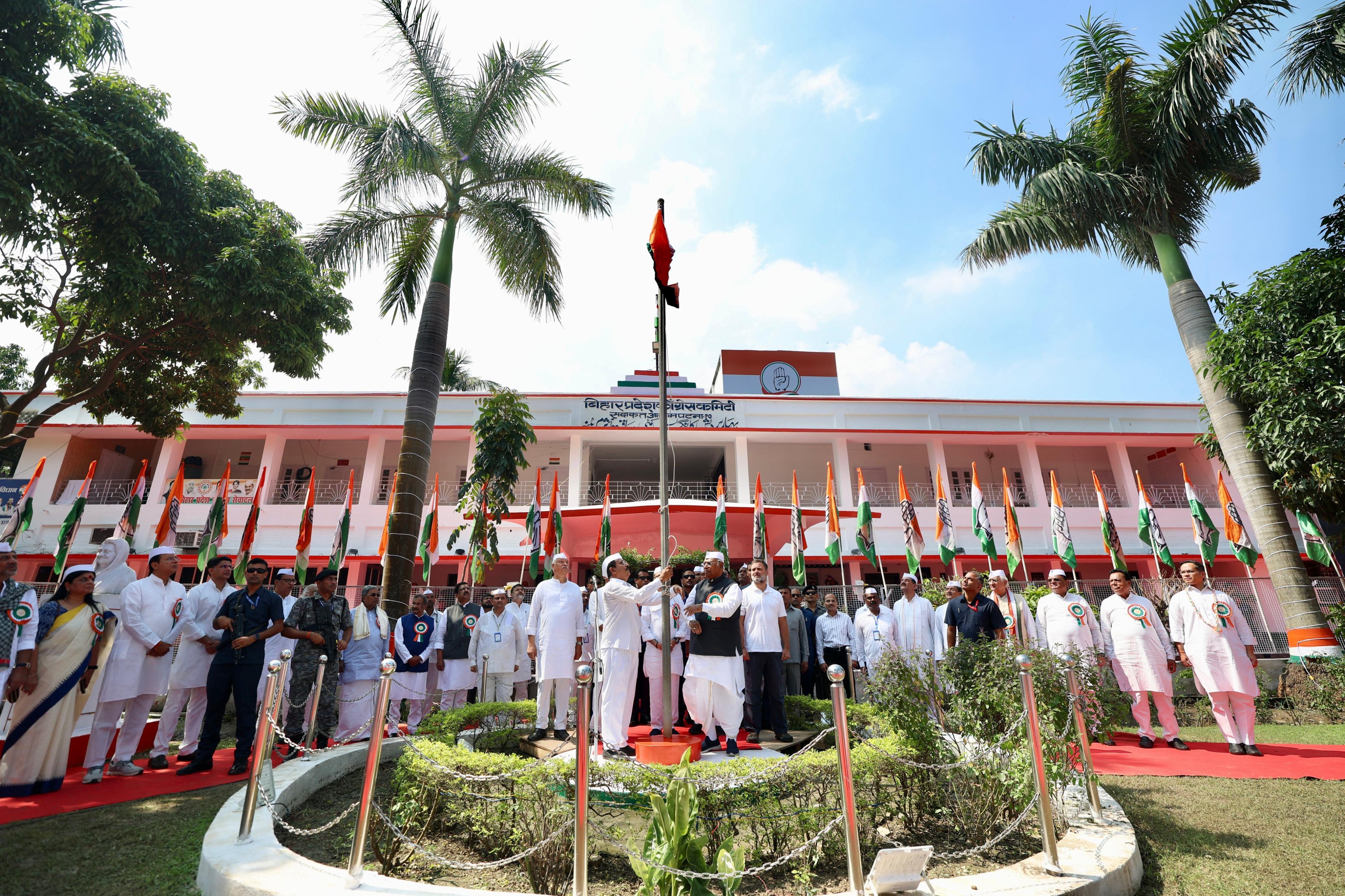
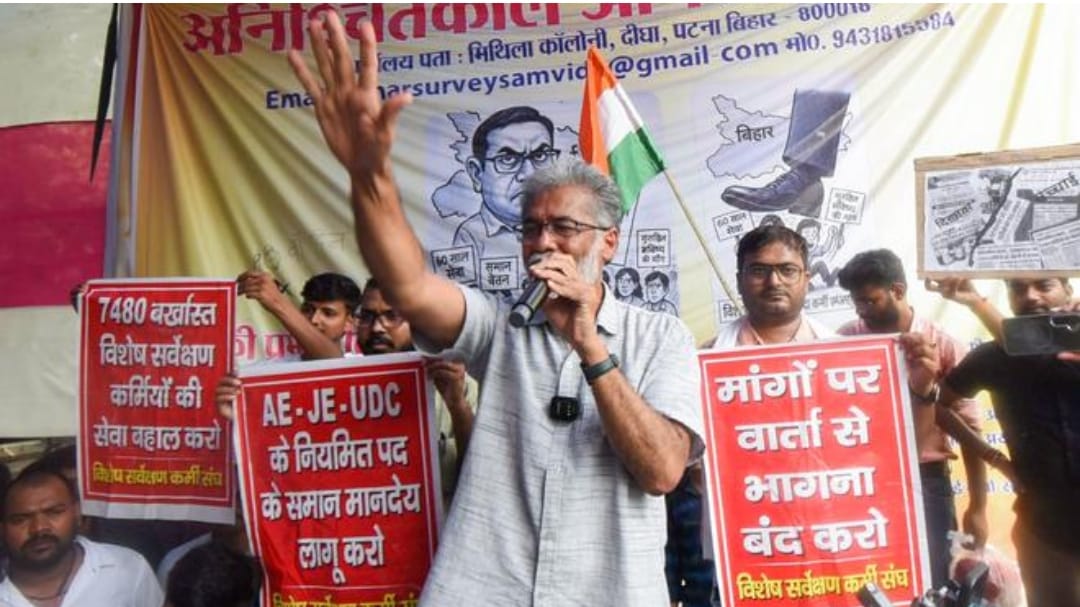

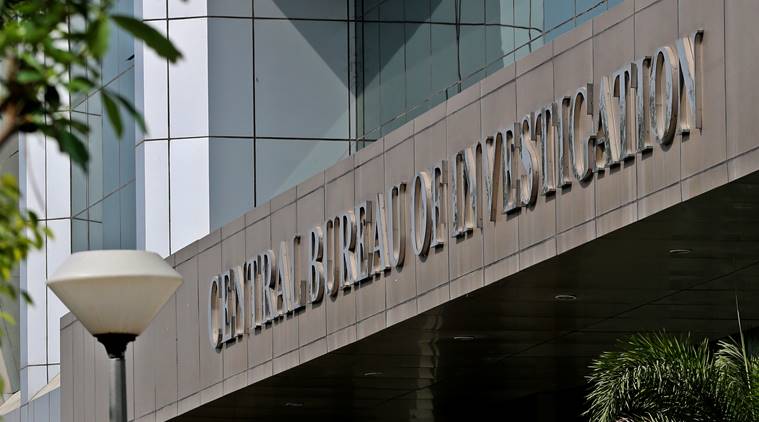

Related Items
CJI Gavai inaugurates 10th All India Conference of the CAT
PM Modi inaugurates 16th Armed Forces' Conference in Kolkata
PRSI organises first Indo-Russia PR and media conference